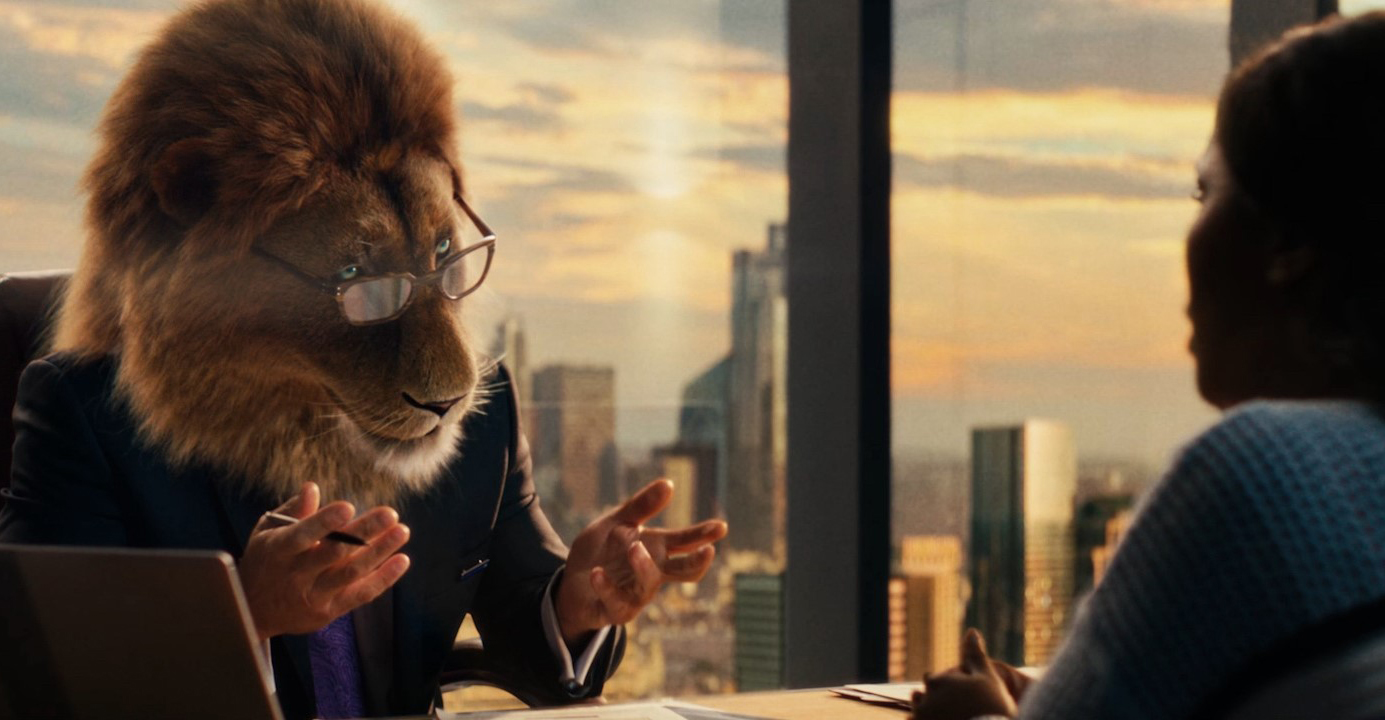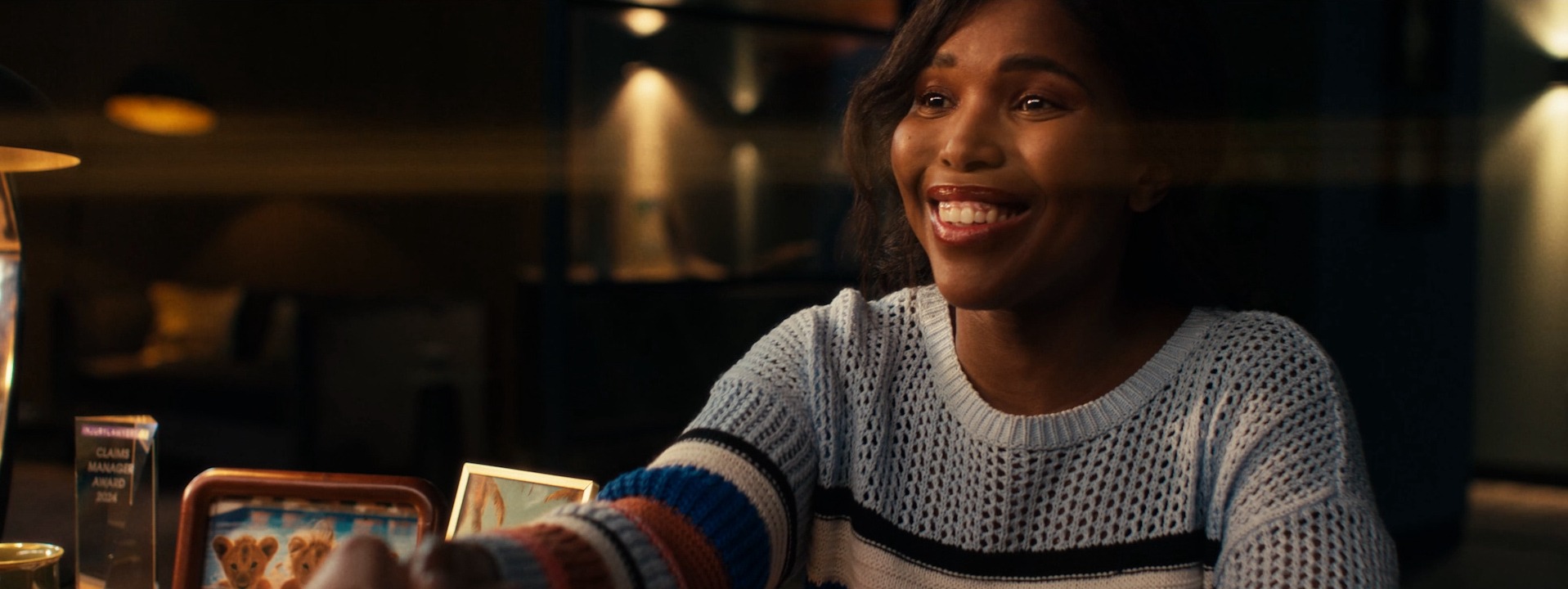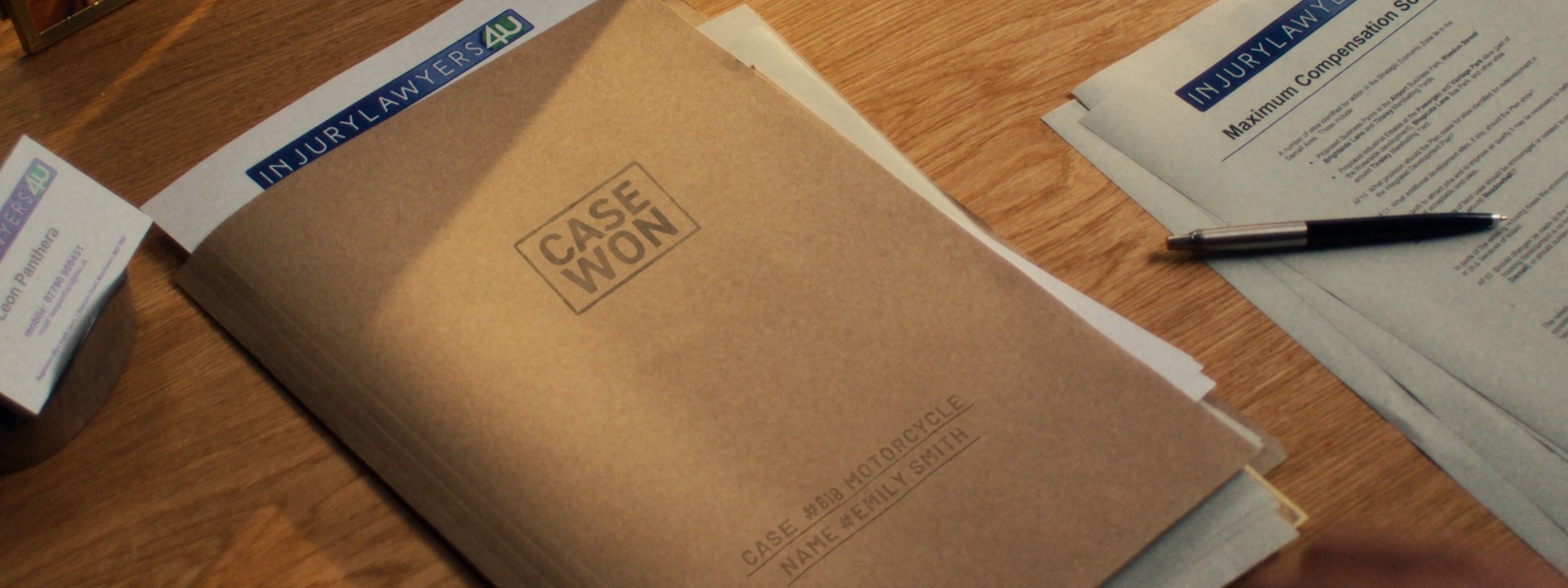What is considered a slip or trip?
Slips and trips are amongst the most common types of personal injury claim, mainly because there are so many hazards that can cause you to slip, trip or fall in everyday life. They can happen anytime, anywhere, including:
- In a shop
- At work
- At a public, outdoor event
- At school
- In someone else’s home
These falls can be very painful, and in some cases cause severe injury, particularly when the victim is elderly.
In order to make a claim for compensation, you will need to be able to show that the slip or trip you experienced was caused by someone breaching their duty of care to you and this resulted in you suffering damage.
Damage can take the form of:
- Injuries
- Lost wages due to time off work
- Psychological distress
- Ongoing medical costs
Who is responsible for slips and trips?
Figuring out who is at fault is a key part of the process for any slip, trip or fall compensation claim. These accidents often happen because local councils, building owners, and retail businesses fail to maintain their properties to the highest standards of safety.
Each of these parties is legally required to do everything in their power to make sure individuals are safe on their premises. If they fail in this duty, whether through negligence, lack of maintenance, or even poor information (such as failing to signpost a wet floor), you could be eligible to claim compensation if you’ve been injured as a result.
At Injury Lawyers 4u, we have many years of experience in dealing with slip and trip claims, and can advise you on who may be at fault in your case. Most commonly, claims can be filed against:
- Property owners, if poor maintenance of the property was the cause of your accident.
- Owners of venues such as pubs, restaurants, bars or clubs.
- Local councils, if your accident happened on a public pathway or council-owned property.
- Commercial businesses such as supermarkets, retail premises or shopping centres.
Common injuries from slips and trips
A slip, trip or fall can result in many different types of injury, depending on the surface and the part of the body you land on. In minor cases, the injured person will only have cuts and bruises. However, in the most severe instances, slips and trips can cause brain injury and even fatality. Here are the most common injuries that lead to a claim:
- Cuts and bruises
- Shoulder, foot, hand or leg injuries
- Ankle and knee injuries
- Back injuries
- Head injuries
- Breaks and fractures, (particularly in the wrists and hands when reaching out to prevent further damage)
To see what level of compensation you could receive for the injury you suffered in a slip, trip or fall, try using our compensation calculator.
Evidence needed for slip and trip claims
For the best chance of a successful claim and securing compensation, it’s important that evidence is supplied that clearly demonstrates who was responsible for the accident, the injury or injuries that were sustained and how severe they are. Following your slip, trip or fall, there are several things you can do to help build a case:
- Photograph the accident scene – This will help demonstrate how the accident happened and the fault that caused it. Make sure to capture the obstacle that caused your slip, trip or fall. Take accurate measurements and photograph the measurements so that your lawyer can assess liability
- Report the accident – If you suffered an accident at work, workplaces are legally required to have an accident book that records every accident, no matter how minor or significant. If your accident was in a public place, such as a supermarket or while walking on a pavement, report it directly to the store or to the council. Make sure to request a copy of the report to prove the location and time of the accident.
- Speak to witnesses – Witness statements will help strengthen your claim, especially in situations where the defendant denies responsibility. Ask for witnesses to give you their details so that your solicitor can contact them later.
- Request CCTV footage – If your accident took place in an area that’s covered by CCTV cameras, or was recorded by a witness, it’s worth requesting a copy of the footage.
- Seek medical treatment – It’s important that you look after your health and seek treatment for your injury as soon as possible. Whether you visit a GP or go to A&E at the hospital, you can request a copy of your medical notes that prove the extent of your injury.
When to claim compensation for a slip or trip
If you have suffered injuries from an accident that was caused by someone else’s negligence, you may be eligible to begin a claim for compensation. If that’s the case, it’s important to gather evidence and start the process as soon as possible.
Slip, trip, and fall compensation claims are commonly made following accidents caused by:
- Poor lighting
- Wet or uneven floor surfaces
- Spillages left uncleared on floors
- Debris such as broken glass on the floor
- Obstacles across walkways
- Icy pavements
- Broken, or uneven paving slabs
- Faulty escalators or lifts
In certain situations, even if the party at fault was only partially responsible, you may still have a valid claim. This is known as contributory negligence, and it recognises that both the claimant and the defendant may share responsibility for the accident. If contributory negligence is applicable, the compensation you receive will be adjusted based on your degree of responsibility for causing the accident.
Am I eligible to claim compensation for a slip or trip?
The answer to this question is that it depends. If you trip over something that would ordinarily be there, such as a kerb or a low wall, then you will struggle to be able to blame someone else for your misfortune. The same applies to slipping on a wet floor if signs are displayed warning you that the floor is wet. It is your own responsibility to heed those warnings and no one else can be held responsible for an accident arising from such a fall but yourself.
However, if there are no wet floor signs despite there being reasonable opportunity to place them, or you trip over a kerb stone that is out of place or something that shouldn’t be there, then you may have grounds for slip compensation. If the accident was preventable by a third party taking reasonable precautions and they have failed to do so, then they could be held financially accountable for your suffering or injury.
Our lawyers have many years’ experience distinguishing between the two scenarios described above and will assess your situation quickly and efficiently so you know whether you have a valid claim.
Time limits for making slip and trip claims
At Injury Lawyers 4u, we believe it’s best to inquire about opening a claim as soon as possible if you’ve been injured in a slip, trip or fall that wasn’t your fault. That’s because in instances of personal injury, there is generally a time limit of three years from the date of the accident to pursue a compensation claim. Giving your solicitor the maximum amount of time possible will enable them to build a strong case and gather as much information and evidence as possible before sending the claim to the defendant.
If you’re claiming on behalf of a child, you can instigate a claim at any time before their 18th birthday. Once they turn 18, the three-year time limit will apply and they will have to initiate the claim themselves.
How do we calculate the compensation for a slip or trip?
When determining compensation for injuries from slips, trips, and falls, our expert legal team considers both general and special damages. General damages are there to cover the pain and suffering caused by your injuries, and the figure varies based on their severity and the body part affected. Special damages cover the broader impacts on your life, such as any financial losses, rehabilitation, or ongoing medical expenses you’ve incurred.
The Judicial College Guidelines issued by the Ministry of Justice help us estimate the compensation for general damages. These guidelines take into account the severity of your injury, which body part is affected, and any potential long-term symptoms. If you’d like to find out how much you could be owed in general damages, you can use our compensation calculator.
However, the implications of a slip, trip or fall accident can go beyond the initial medical bills. Special damages are there to cover any further financial expense as a result of your injury. As this varies case by case, we cannot give an estimate for special damages, but they can include:
- Loss of income and potential future earnings if your ability to work is affected.
- Medical expenses related to ongoing care and rehabilitation.
- Compensation for psychological injuries such as PTSD, depression, or anxiety stemming from your accident.
- Costs associated with necessary modifications to your home to accommodate your recovery.
- Expenses for ongoing care, even if provided by friends or family members, recognizing their time and effort.
- Any out-of-pocket expenses directly related to your injury, ensuring you’re not financially disadvantaged by circumstances beyond your control.
Start your slip and trip claim with Injury Lawyers 4u
At Injury Lawyers 4u our solicitors specialise in trip, slip and fall trip compensation claims. Our experience and expertise means that we can help you to get the compensation that you deserve and enable you to get on with your life. If you would like advice on whether you may be able to make a claim, then get in touch with us today on 0333 400 4445, or fill in this contact form and we will come straight back to you.




